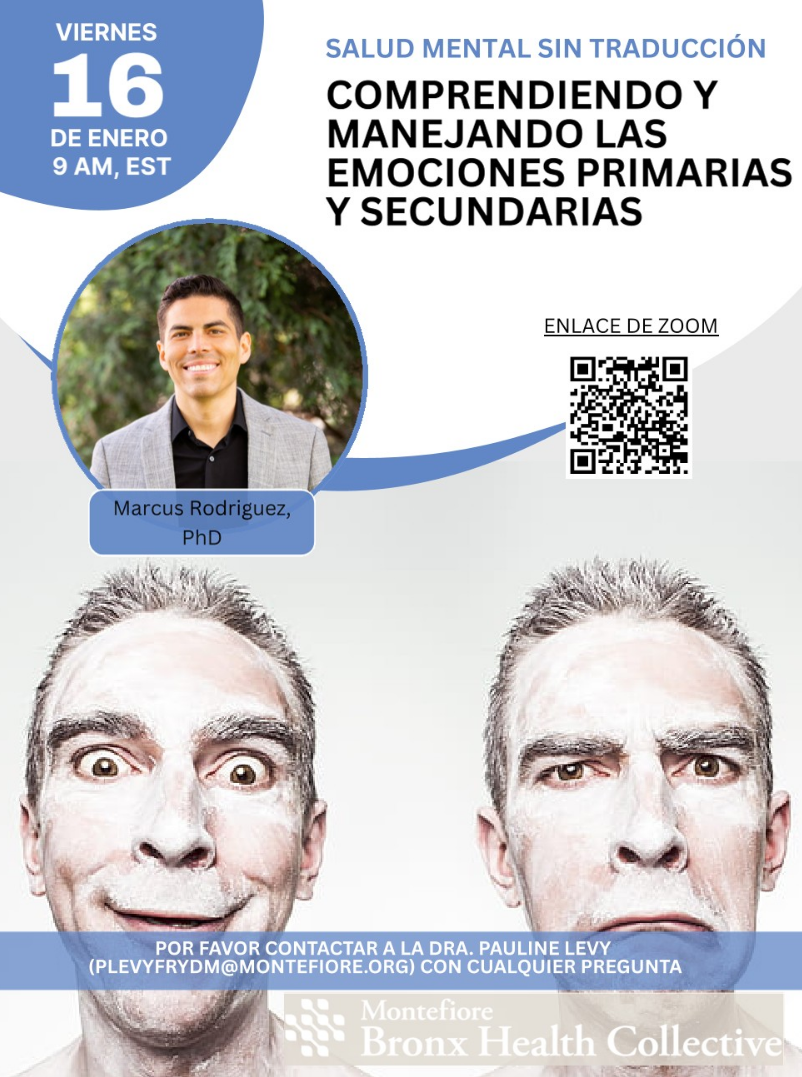Authors: Sarah Mann and Caleb Spiro, MA
“The most I can do for my friend is simply be his friend.” — Henry David Thoreau
How Bad Can It Really Be?
There are so many emotions that people go through when grieving. In fact, there really is no single right way to grieve! When someone we love is grieving, our first impulse is often to try to make it better—after all, who wants to see someone they love suffer?
In this video, the speaker mentions how we might scramble to find reasons why their situation isn’t as bad as it could be and highlight the silver lining in their situation. We might suggest helpful actionable steps, or even point out what they are doing wrong. However, in the act of looking for a way to soothe their pain, we can actually make things worse. Let’s consider it from their perspective:
Comfort During Dark Times
Imagine you are in a dark room. So dark that you can’t see your hands in front of you. Someone comes into the room, and tells you about all the beautiful objects in the room that you can’t see–the furniture, the wallpaper, the clock in the corner, the books on the shelves. You feel alone, disconnected, frustrated, and confused. Why can’t you see things the way others do. Is something wrong with you? Is it your fault that you cannot see?
Now imagine if someone entered the room with you, sat next to you, held your hand, and said “hey. I hear you. It sounds like the room is really dark right now, and that is really scary. I just want to let you know that you are not alone, and that we will get through this together.” The room is still dark, the environment is the same, but now you have company and you are not alone.
The Importance of Validation
Often times, people are not ready to talk about solutions, or even have hope that their situation can change, without first feeling validating, supported, and loved. As the first video notes, “acknowledgment can make things better, even when they can’t be made right.” Sometimes, people don’t want others to solve their problems—they first just want to be seen.
So how is empathy different from sympathy?
In another video, Brené Brown mentions that sympathy drives the disconnection from empathy, where sympathy becomes a ‘well at least you aren’t’ whereas empathy becomes a ‘hey I hear you.’ Empathy is the ability to take other’s perspectives, recognizing their emotions, staying out of judgement, and communicating emotions with care.
Here are examples of what you could say to someone who is grieving:
- I’m sorry for your loss. I know how difficult things must feel right now. What can I do that would be helpful for right now?
- Thank you for sharing your feelings with me, that must have taken a lot of bravery.
- I remember how I felt when my grandma passed away. I know it may not be the same, but I remember how hard it was and how much I missed her. If you need a friend, I’m here for you.
- I don’t even know what to say right now but I’m just so glad you told me.
Reflecting on this, can you think back to a time when someone not just listened and you really felt heard? What did they do? What did they say? What about when you didn’t feel heard, or even when your feelings felt dismissed or unseen?
Seeking Professional Help
Engaging in conversations of loss and grief can be burdensome and overwhelming. No one person has all the skills or emotional bandwidth to help someone else through grief and loss. If you or a loved one is feeling overwhelmed, seeing professional help is an option.
At YFI, we provide individual psychotherapy, as well as parent coaching to help teach caregivers how to validate and work through emotions to create a safe environment for their children to grow and build resilience through life’s struggles. While grief can feel overwhelming at times, no one needs to go through it alone. Contact us here to learn more about working with us.
Source:
“How to Help A Grieving Friend” – Video by Megan Devine. July 18, 2018. Watch Video
“Brené Brown on Empathy vs Sympathy.” – Video by Diana Simon. Apr 1, 2016 Watch Video




